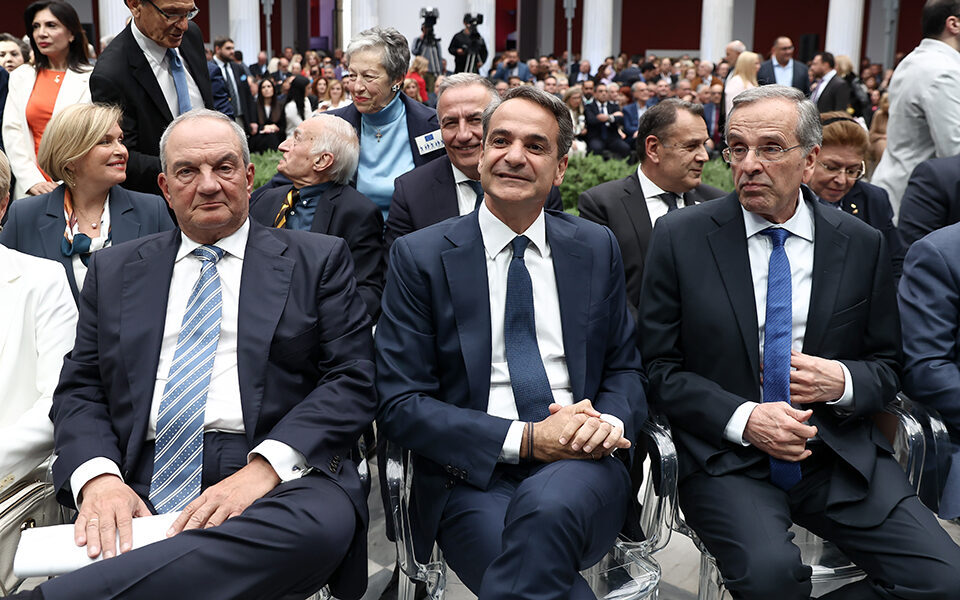Are we truly staying in Europe?

A recent discussion on institutions and the rule of law sparked controversy among the descendants of the pro-EU movement known as “We’re Staying in Europe,” which emerged in 2015 when Greece’s leftist-led coalition raised concerns about the country’s potential exit from the eurozone. The controversy arose when organizers framed the event with a question: “Are we remaining in Europe?” Many critics voiced their opposition to the inclusion of the question mark, arguing that it undermined the gravity of the risk we faced in 2015 of being expelled from the eurozone and absolved SYRIZA of its responsibilities.
So, let’s start by acknowledging that the significant crisis we encountered eight years ago was triggered by the indecisiveness of the then-governing party regarding Europe. Recently, we have observed that the anti-European “fantasies” and the notion of establishing a parallel currency continue to occupy MeRA25, led by former finance minister Yanis Varoufakis, as well as the “Umbrella” faction within the main SYRIZA opposition.
However, we also witnessed Antonis Samaras, a former conservative prime minister, delivering a speech on Europe Day at Zappeion Hall on May 10, where he described the current state of Europe and projected equally anti-European sentiments. He criticized what he deemed as “destructive directives” concerning agriculture, propagated theories of replacement by “illegal immigrants whose children refuse to integrate,” denounced “abusive social justice warriors,” cautioned about threats to “our common heritage,” and expressed concerns about the “handpicked” European Commission targeting far-right parties. This is the perception of Europe held by Samaras – and apparently a faction within the governing party that is influenced by him.
Let’s acknowledge that this is not the prevailing perception of Europe within New Democracy, and that the Samaras faction is equivalent to SYRIZA’s Umbrella faction. However, we must examine the extent to which the party’s campaign tactics align with European values. The prime minister uses the government aircraft to shuttle between speeches in various electoral districts. Ministers distribute campaign materials through official email accounts and indirectly pressure their subordinates to attend their speeches as candidate MPs. In addition to the blurred lines between government and party, the ruling party’s entire pre-election campaign reeks of favoritism and corruption, reminiscent of the deep-seated issues of the 1980s.
“During pre-election periods, many [politicians] make promises that cannot be fulfilled, as the cost of implementing these promises far exceeds the available fiscal space,” Bank of Greece Governor Yannis Stournaras warned on May 10.
So, are we truly remaining in Europe? The question is more pertinent than ever.





